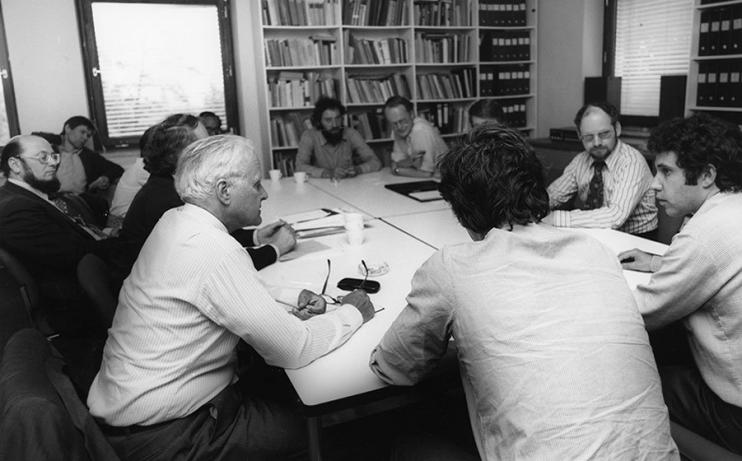With the founding of the Max Planck Institute for the Study of the Scientific and Technical World in Starnberg in 1970, the Max Planck Society had created a space for reflection on science and its role in society that had never existed before in its history. About ten years later, after the retirement of the founding director Carl Friedrich von Weizsäcker, the institute closed. From today’s perspective, many of the problems with which the Institute was concerned seem surprisingly topical. In particular, many of the papers that emerged from the Institute already addressed issues that are gaining new relevance today in connection with keywords such as “Anthropocene” and “political epistemology.” They concern, for example, questions of the social responsibility of science, its democratic governance, and its role in a future society in a global perspective.
The aim of this research project is to describe the development of research activities at the Starnberg Institute in the field of science studies in relation to the enabling and restricting institutional developments within the Max Planck Society. This is done while taking into account contemporaneous societal developments and the awareness of problems concerning global economic and ecological issues, which were forming worldwide and were partly reflected in the establishment of new institutions, such as the Club of Rome or the International Institute for Applied Systems Analysis in Laxenburg near Vienna.

Meeting at the Max Planck Institute for the Study of the Scientific and Technical World
Source: Archives of the Max Planck Society (https://www.mpg.de/10718639/22_event14a-1970)

